With a naval engagement, wounded seamen, and a Ukrainian election looming, Russia and Ukraine’s recent clash off the Crimean Peninsula threatens war.
Events continue to escalate between Russia and Ukraine.
In the past 48 hours the Federal Security Service of the Russian Federation (FSB) Border and Coast Guard and Black Sea Navy vessels fired on and boarded three Ukranian naval vessels. The Ukranian vessels were attempting to break through an unofficial blockade organised by Moscow, which seeks to disrupt Ukrainian access to the Sea of Azov via the Kerch strait, by placing a fully loaded oil tanker ship, the Sea Commander, beneath the Russian-controlled Kerch Bridge – also known as the Crimean Bridge.
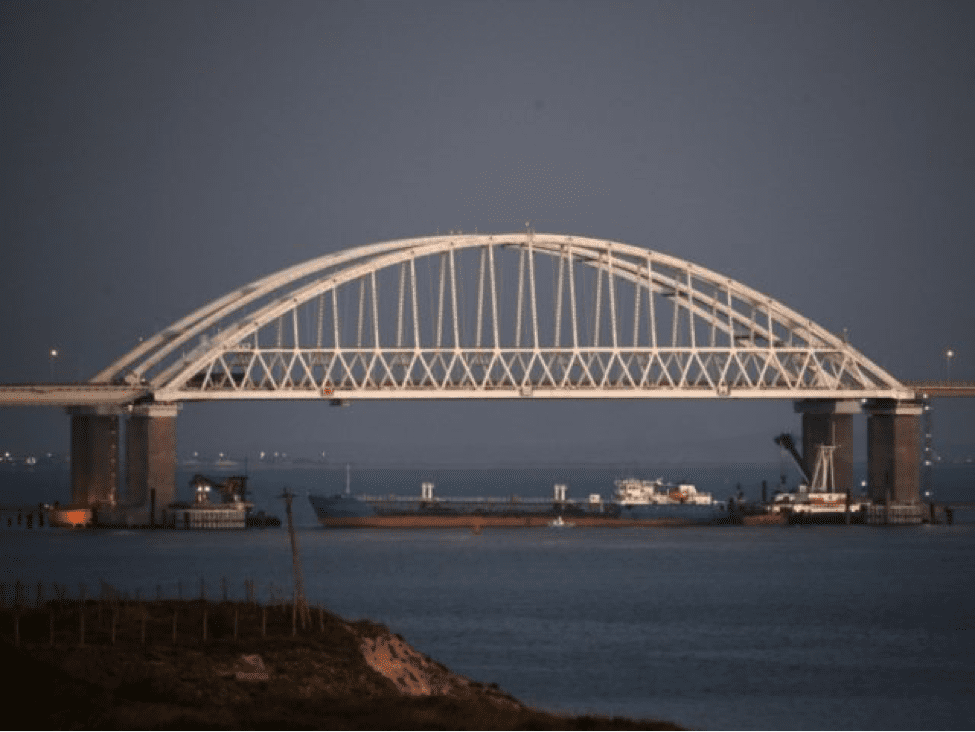
The Russians countered by opening fire against the Ukrainian military vessels, lightly damaging and disabling the two vessels. Russian special forces then boarded the disabled vessels. A video shows the Yany Kapu attempting to break away from the Russian vessels, leading the Russian Coast Guard vessel, the Don, to give chase and ram the tugboat.
The Ukrainian Navy also stated that Russian fighter planes flew low, near the Ukranian vessels, during their approach to the tanker, just moments before the Russian naval assets opened fire.
[NOTE: Video released with clearance of Russian officials and possibly selectively edited.]
All three vessels were captured, and are now being held in the Russian-controlled port of Kerch. While Ukrainian authorities stated that six of its crewmembers were injured during the altercation, Russia has so far only acknowledged three injured, all of which have been detained by the Russian government which is providing medical assistance. Neither side has stated that any injuries were serious.
A 2003 treaty designates the Kerch Strait and the Sea of Azov as shared territorial waters between Russia and Ukraine, and according to Kiev, its naval assets were in compliance with the treaty. The Russian Navy has been increasingly aggressive in asserting control over the passage since the start of the Crimean crisis in 2014.
In response to the incident, the Ukrainian National Security and Defence Council (NSDC) met at midnight local time to discuss a response, and to ready the nation for martial law. Russia’s FSB issued a statement within three hours of the incident stating that three Ukrainian warships entered Russia’s territorial waters illegally and that its border patrol had responded accordingly.
Russia also requested an emergency meeting at the United Nations Security Council (UNSC), according to US ambassador to the UN Nikki Haley, at 11:00 New York time (16:00 GMT) on Monday. According to AFP sources, Ukraine also independently requested a UNSC gathering mere minutes after the Russian request.
Russian State TV reported that the Russian government is increasing its number of air deployed assets – primarily attack helicopters and fighter jets.
Casus Belli
Since Crimea was annexed, the border has been uneasy. Yet this is the first time Russia has seized Ukrainian military vessels. Russia annexed the Crimean Peninsula from Ukraine in 2014 in direct contravention of international law and optics. Ever since, Russia has gradually expanded its control over the strategically vital Azov Sea which severs Russia and Ukraine, despite the 2003 agreement between the two nations to share the territorial water rights of the Kerch Strait and Azov.
Ukraine’s government has been weakened by political turmoil which many believe to be in part instituted by, and in the interests of Moscow. Since 2016, calls by various Ukrainian populist nationalist political movements urging the resignation of Prime Minister Volodymyr Groysman have grown. In effect, the populist movements, amidst a series of embarrassing corruption scandals, have managed to weaken not just the Prime Ministers’ office, but also the office of President Petro Poroshenko to a disruptive point of divisiveness.
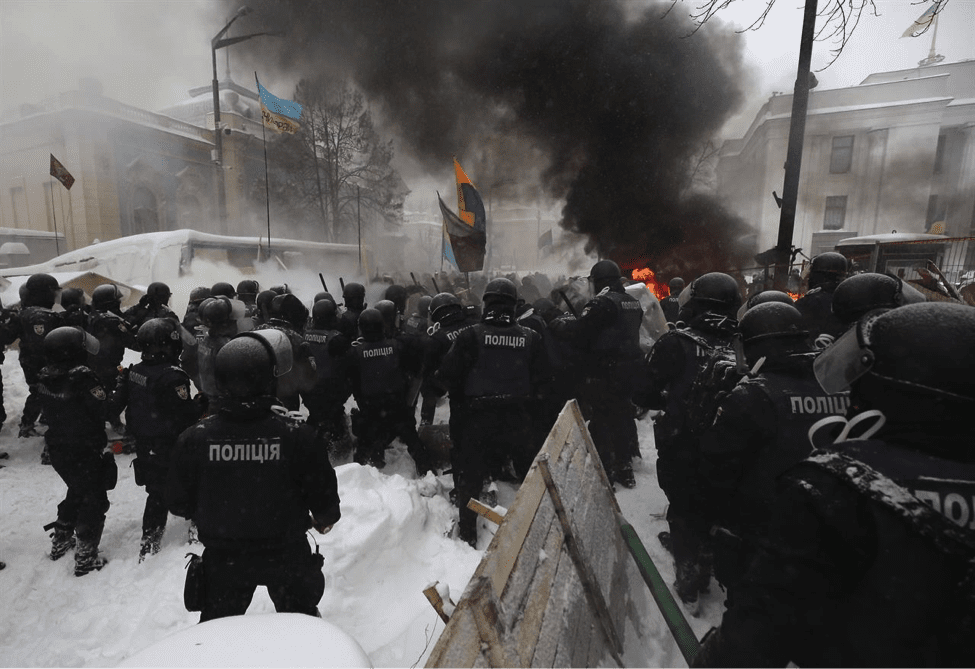
“While planning that provocation, Ukraine had undoubtedly hoped to get additional benefits from the situation, expecting the U.S. and Europe to blindly take the provocateurs’ side,” said Lavrov.
The accusation by Moscow is that Kiev intended to provoke Moscow into action and to create further support from the international community for its attempts to regain control over the Crimea Peninsula. This, in turn, would also cause Ukrainian president Poroshenko’s administration’s popularity to increase, and nullify the populist, nationalistic movements that oppose him, in preparation of the 2019 national election.
Pjotr Tolstoy, vice spokesperson for the Russian Parliament, stated on Facebook that Ukraine is risking a larger military conflict if it does not comply. “One thing is for certain, Russia will not allow for military provocations in its waters,”(Translation by Analyst at Swedish Military Intelligence Research Institute) said Tolstoy.
From the official Russian Ministry of Foreign Affairs’ Twitter page (that has as its profile image a photo of Maria Butina with #FreeMariaButina) it stated, “The Russian Foreign Ministry declares a strong protest in connection with the gross violation of the rules of peaceful passage by the Ukrainian Navy on November 25, 2018 in the territorial sea of the Russian Federation in the Black Sea.” The full statement includes:
“Russia has repeatedly warned the Kiev regime and its Western patrons about the danger of artificially inflating hysteria around the Sea of Azov and the Kerch Strait. Obviously, a well-thought-out and planned provocation in place and form, aimed at inciting another hotbed of tension in this region, creating a pretext for increasing sanctions against Russia. All this, apparently, was also aimed at distracting attention from internal political problems in Ukraine itself. This was confirmed by Kiev’s intention to impose martial law in the country, which in the light of the upcoming presidential elections in spring 2019 looks very odious.”
Lima Charlie News had reached out to contacts in the Ukrainian military on Monday, and was told that military command expected the Ukrainian government to institute martial law by Tuesday. At midnight, Ukraine did indeed declare martial law. Potential military options are still being discussed, with the tanker vessel considered a high-value target.
President Poroshenko had a conference call with NATO Secretary General Jens Stoltenberg to discuss the situation shortly after the midnight emergency meeting of the National Security Council in Kiev. Stoltenberg has stated that the military alliance has “full support for Ukraine’s territorial integrity and sovereignty, including its full navigational rights in its territorial waters under international law.”
Pavlo Klimkin, Ukraine’s Minister for Foreign Affairs, tweeted today that, “Actions in the #KerchStrait indicate the creation of prerequisites for the complete blockade of the seaports of Berdyansk and Mariupol, as well as the preparation for a possible full blockade of the #BlackSea coast of #Ukraine by #Russia”.
NATO held emergency talks throughout Monday. In the meantime, both the European Union and NATO are calling for both sides to show restraint and to be open for diplomatic discourse.
Regardless of the immediate outcome, it is essential to view the Crimea and Ukrainian crisis out of a larger geostrategic perspective. Russia believes that it is destined to play an increasingly expansive role in the world and that it has a right to control what is within its sphere of interest. That sphere includes without a doubt Ukraine.
[Title Image: Screen capture of the video released by Russian authorities of the November 25, 2018 incident between Russian and Ukrainian naval vessels.]
John Sjoholm, Lima Charlie News
John Sjoholm is Lima Charlie’s Middle East Bureau Chief, Managing Editor, and founder of the consulting firm Erudite Group. A seasoned expert on Middle East and North Africa matters, he has a background in security contracting and has served as a geopolitical advisor to regional leaders. He was educated in religion and languages in Sana’a, Yemen, and Cairo, Egypt, and has lived in the region since 2005, contributing to numerous Western-supported stabilisation projects. He currently resides in Jordan. Follow John on Twitter @JohnSjoholmLC
Lima Charlie provides global news, featuring insight & analysis by military veterans and service members Worldwide.
For up-to-date news, please follow us on twitter at @LimaCharlieNews
In case you missed it:

![Image Crimea crisis escalates after Russian Ukrainian naval incident [Lima Charlie News]](https://limacharlienews.com/wp-content/uploads/2018/11/Crimea-crisis-as-Russia-boards-Ukrainian-vessels-Lima-Charlie-News.png)
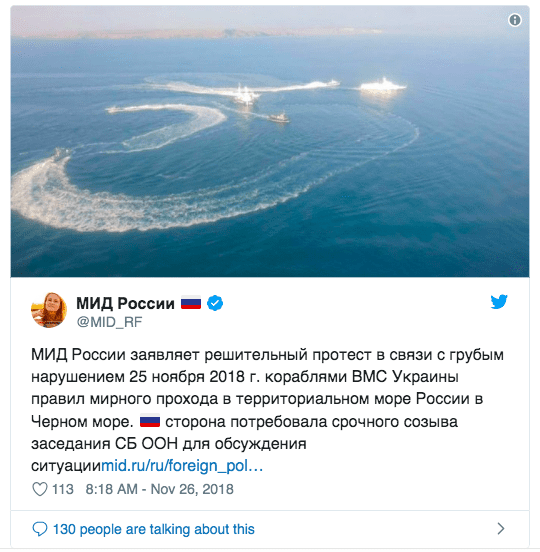
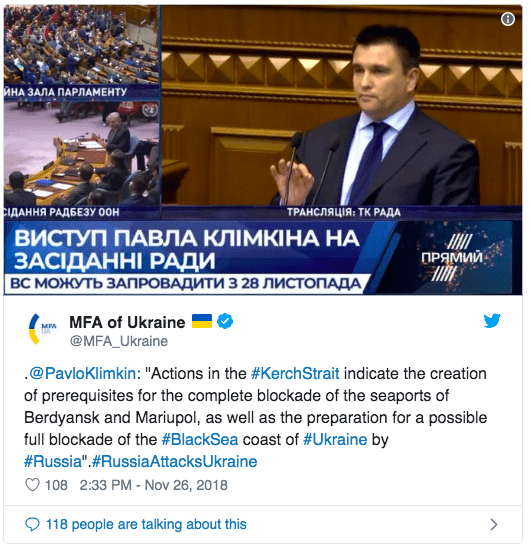
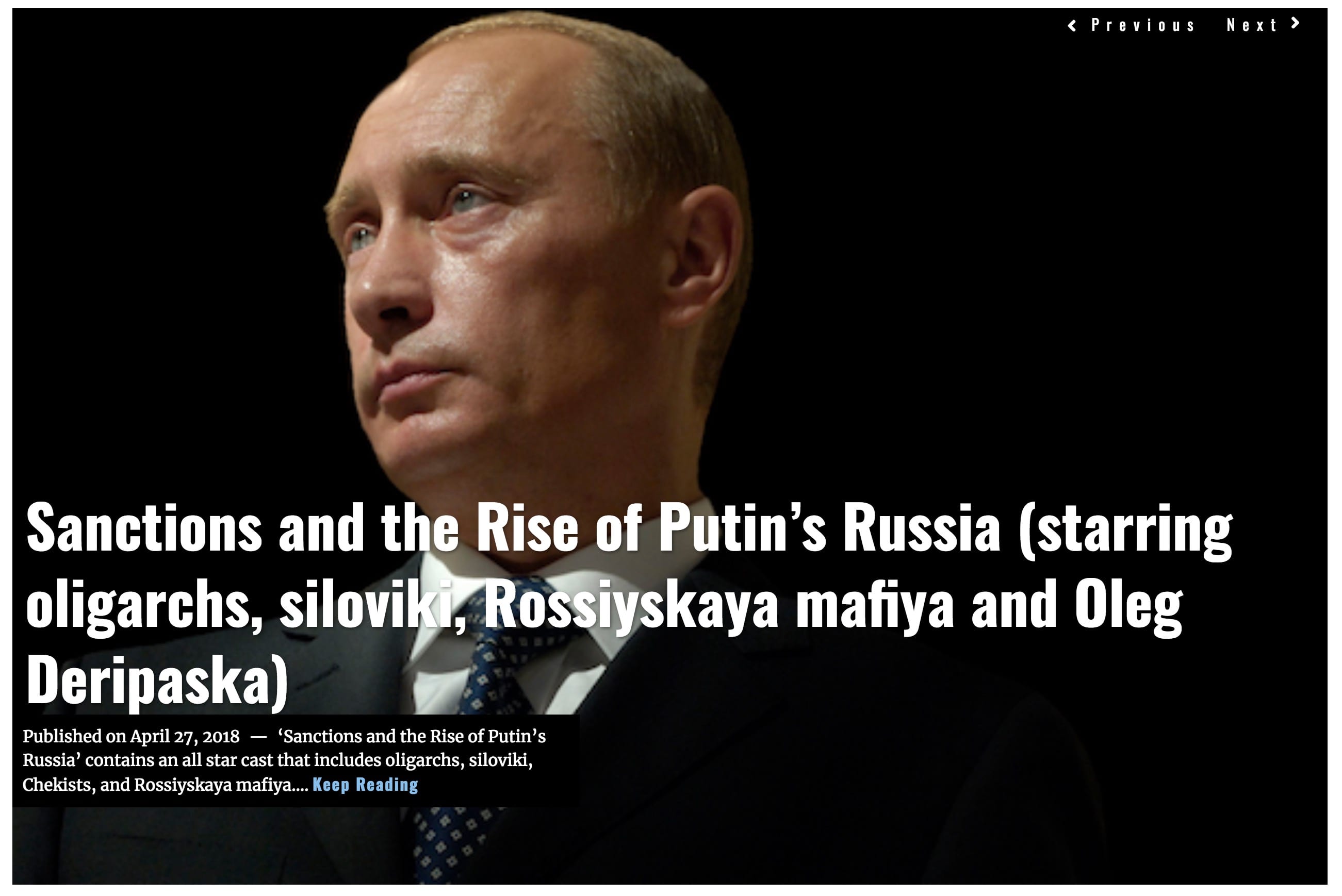
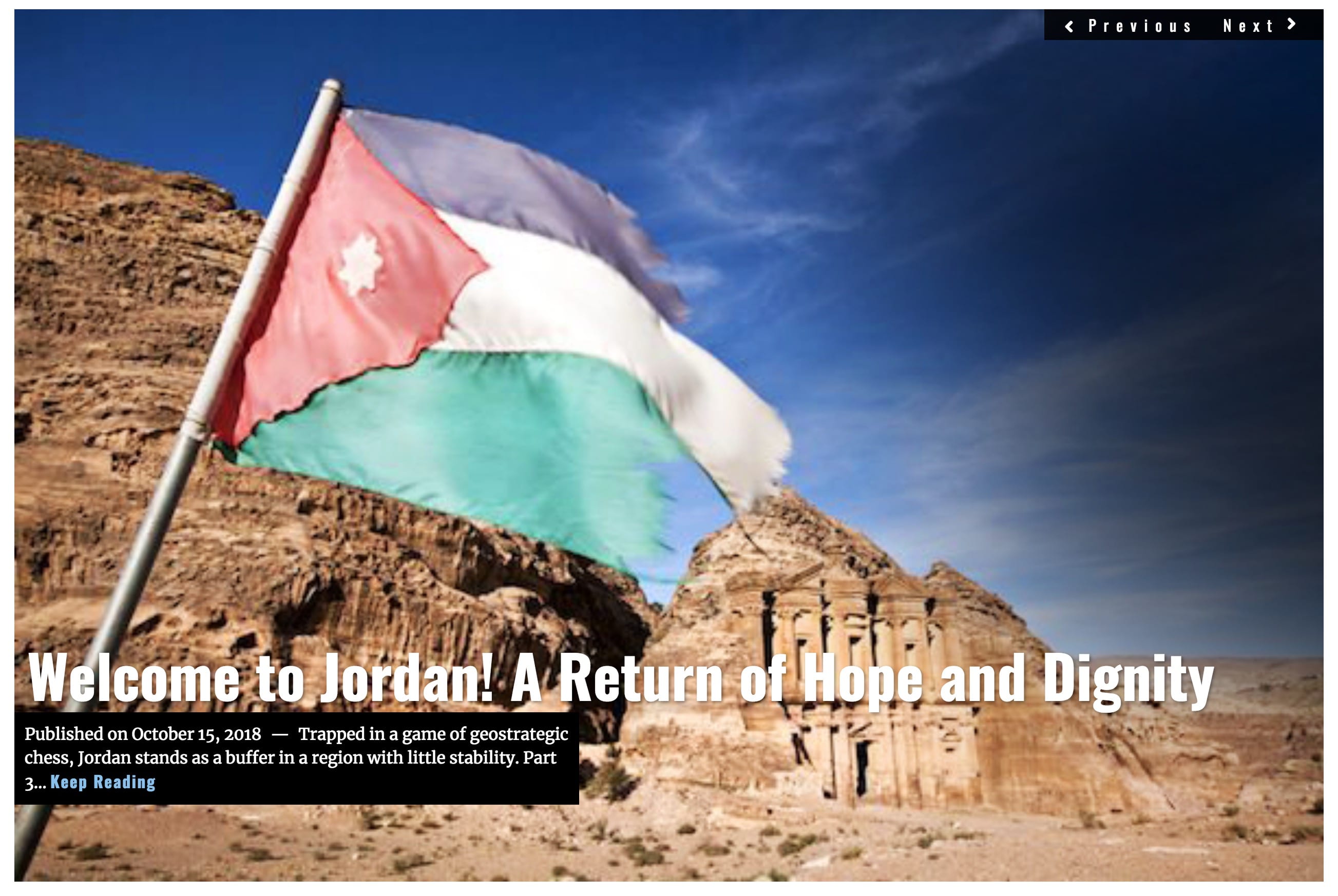
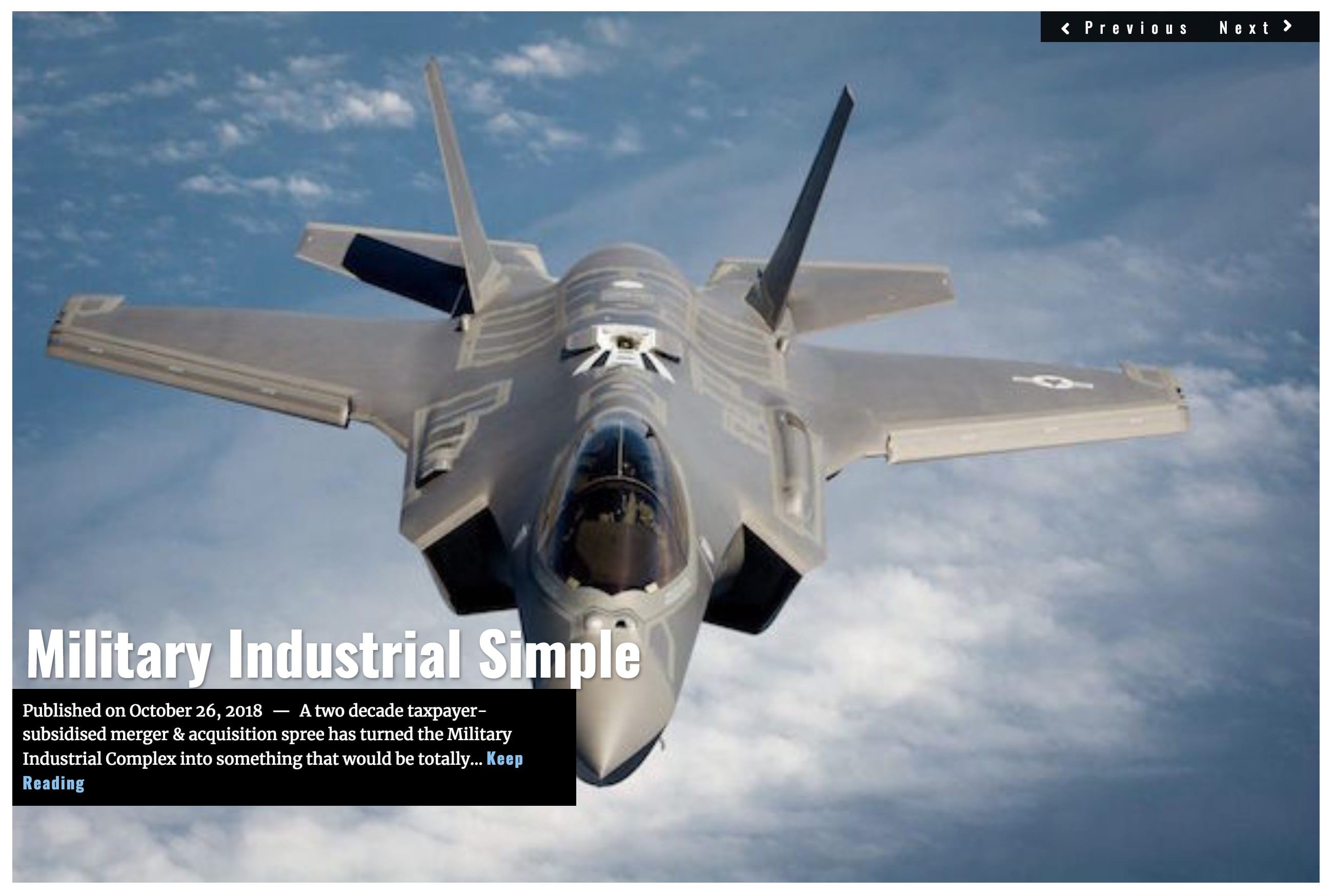
![Image War in Eastern Ukraine and the New Heroes of ‘Novorossiya’ (New Russia) [Lima Charlie News]](https://limacharlienews.com/wp-content/uploads/2019/04/Donbass-MAIN-01-480x384.png)
![Image The Rwandan Jewel - Peacekeepers, Conflict Minerals and Lots of Foreign Aid [Lima Charlie World]](https://limacharlienews.com/wp-content/uploads/2019/03/Rwanda-Jewel-480x384.jpg)
![Image Drop in oil prices may trigger unintended consequences [Lima Charlie News]](https://limacharlienews.com/wp-content/uploads/2018/11/main_900-480x384.jpg)
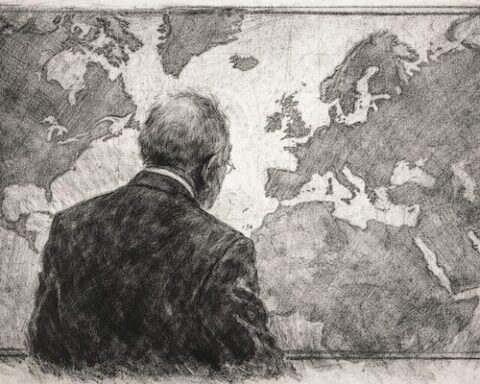

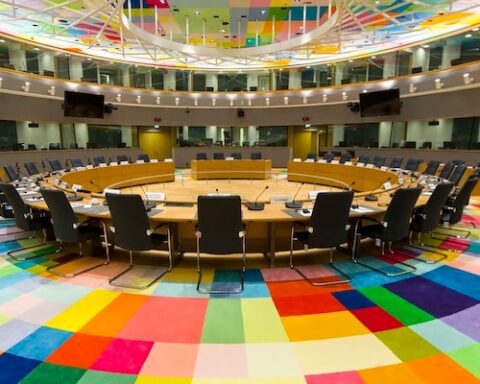


![Image War in Eastern Ukraine and the New Heroes of ‘Novorossiya’ (New Russia) [Lima Charlie News]](https://limacharlienews.com/wp-content/uploads/2019/04/Donbass-MAIN-01-150x100.png)
![Image The Rwandan Jewel - Peacekeepers, Conflict Minerals and Lots of Foreign Aid [Lima Charlie World]](https://limacharlienews.com/wp-content/uploads/2019/03/Rwanda-Jewel-150x100.jpg)